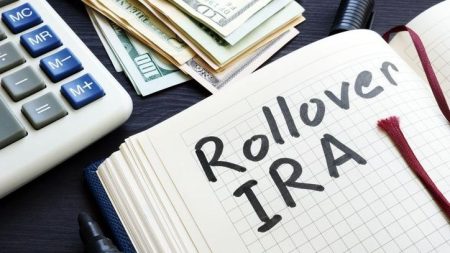Retirement
Leaving the workforce doesn’t necessarily mean leaving employer-provided health insurance behind. Some companies continue to offer retirees health coverage, even…
Creating a reliable and adequate income stream from investments is one of the main goals of retirement planning. Learning how…
Building up some retirement savings in a Roth account when you already have a significant traditional 401(k) at age 55…
Understanding 401(k) non-spouse beneficiary rules is key for anyone planning their estate and retirement. When a non-spouse inherits a 401(k),…
Unexpected expenses could creep up in retirement and put your nest egg at risk. These can include healthcare, housing or…
When you’re in your 30s, retirement may be far from your mind. But saving for retirement in your 30s is…
Retirees who are eligible for government pensions may have their Social Security benefits reduced due to rules designed to keep…
Virginia does not tax Social Security benefits, which means that retirees in the state can get their Social Security income…
Transferring funds from a pre-tax retirement account such as an IRA to an after-tax Roth IRA is a move many…
Correcting 401(k) contribution errors involves identifying the mistake, adjusting future contributions and potentially making retroactive corrections to comply with IRS…
Late 401(k) contributions can potentially lead to penalties and missed investment opportunities. Employers must adhere to strict deposit deadlines to…
Managing retirement savings effectively often involves rollovers, which allow investors to move funds from one retirement account to another without…


















